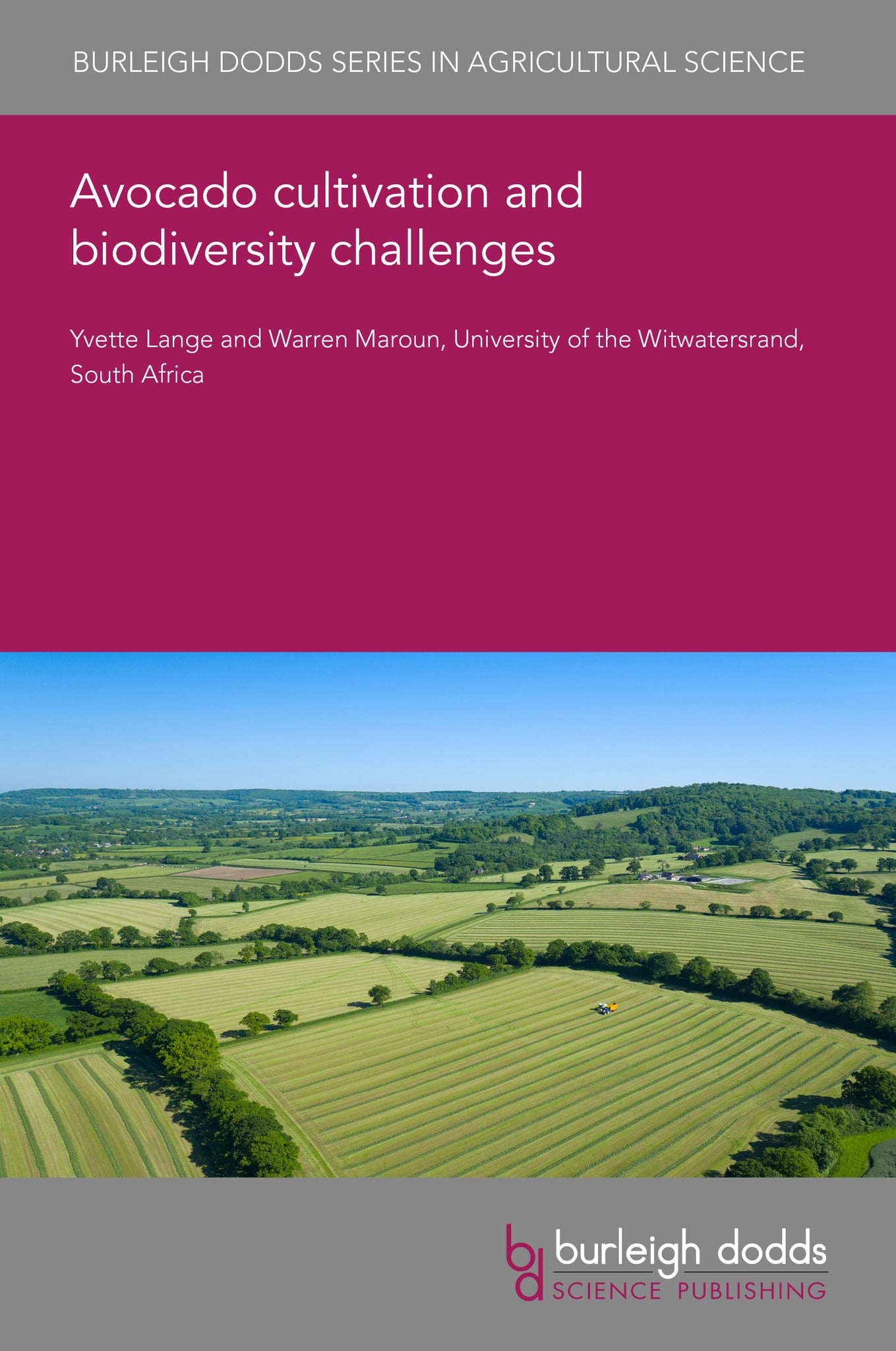We're sorry. An error has occurred
Please cancel or retry.
Avocado cultivation and biodiversity challenges

Some error occured while loading the Quick View. Please close the Quick View and try reloading the page.
Couldn't load pickup availability
- Format:
-
29 January 2024

Avocados, also referred to as alligator pears, butter fruits and ‘green gold’ are a blessing and a curse. The fruits are a high-value crop which can be used by farmers in emerging economies to generate much-needed income. Avocados are high in calories, vitamins and minerals and, as a result, can play an important role in complementing grain-based diets, improving health and offering food security in some of the world’s poorest countries. Unfortunately, these benefits come at a high price. The soaring global demand for avocados is contributing to unsustainable pressures on ecosystems and biodiversity. Large areas of land have to be cleared to make way for plantations, leading to deforestation, declining soil quality, water shortages and biodiversity loss. Environmental challenges are compounded by social ones such as unfair income allocations in the value chain, poor labour practices, inadequate regulation and the risk of organised crime.

NATURE / Environmental Conservation & Protection, Agriculture, agribusiness and food production industries, NATURE / Ecosystems & Habitats / General, SCIENCE / Life Sciences / Horticulture, SCIENCE / Environmental Science, BUSINESS & ECONOMICS / Industries / Agribusiness, BUSINESS & ECONOMICS / Industries / Food Industry, TECHNOLOGY & ENGINEERING / Agriculture / Sustainable Agriculture, TECHNOLOGY & ENGINEERING / Agriculture / Agronomy / Crop Science, Biodiversity, Conservation of wildlife and habitats, Commercial horticulture, Sustainable agriculture, Agronomy and crop production

- 1 Introduction
- 2 Biodiversity challenges within avocado cultivation
- 3 Sustainable avocado cultivation: global initiatives and case studies
- 4 Conclusion and future trends
- 5 References



